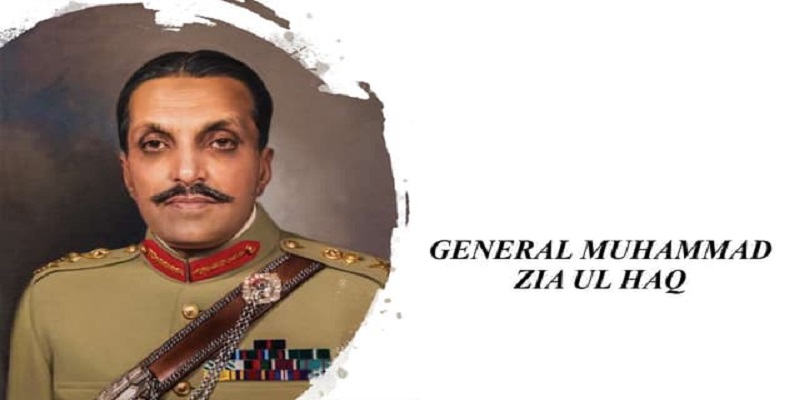General Zia-ul-Haq's Complex Islamization Era in Pakistan
The Islamization process under General Muhammad Zia-ul-Haq, the military ruler of Pakistan from 1977 to 1988, was a complex and controversial period that left a lasting impact on the country's political, social, and cultural landscape. Zia's regime marked a departure from the secular policies of previous leaders, particularly Zulfikar Ali Bhutto, and sought to Islamize various aspects of Pakistani society. This transformation was driven by a combination of political considerations, Zia's personal convictions, and a desire to legitimize his rule.
Zia-ul-Haq assumed power through a military coup in July 1977, overthrowing the democratically elected government of Zulfikar Ali Bhutto. The new regime initially promised a swift return to civilian rule but eventually extended its stay in power. One of Zia's early justifications for his rule was the need to restore Islamic values and morality to Pakistani society, which he claimed had been eroded under previous administrations.
The Islamization policies were multi-faceted and touched upon various aspects of public and private life. One of the first steps was the introduction of the Hudood Ordinances in 1979. These laws, derived from Islamic Shariah, dealt with offenses such as theft, adultery, and alcohol consumption. While intended to align the legal system with Islamic principles, the implementation of the Hudood Ordinances was criticized for being harsh, particularly towards women who often found themselves at a disadvantage in cases of rape or adultery accusations.
Zia-ul-Haq also sought to Islamize education by revising the school curriculum to emphasize Islamic studies. The idea was to instill Islamic values and teachings in the younger generation. Madrassas (Islamic schools) received increased support, contributing to the rise of a more conservative and religiously oriented educational system.
In addition to legal and educational reforms, the Zia regime pursued a policy of Islamizing the economy. Interest-free banking, in line with Islamic banking principles, was introduced to eliminate the practice of usury. While this move aimed to create a more equitable economic system, it faced challenges in implementation and acceptance.
The cultural sphere was not exempt from the Islamization agenda. Zia's government encouraged the production of literature, art, and media content that adhered to Islamic values. This resulted in a more conservative cultural atmosphere, with restrictions on content that was deemed contrary to Islamic principles. Cinemas faced censorship, and entertainment programs were scrutinized for their adherence to Islamic morality.
The political landscape was also influenced by Zia's Islamization efforts. The regime sought to co-opt religious parties and leaders to gain support for its policies. Zia's government amended the constitution to declare Islam as the state religion, further emphasizing the Islamic character of the state. Political opponents, including Bhutto, were often accused of being un-Islamic, reinforcing the narrative that Zia's regime was the guardian of Islamic values.
Zia-ul-Haq's foreign policy also reflected an Islamic orientation. Pakistan actively supported the Afghan mujahideen in their fight against the Soviet Union in Afghanistan during the 1980s. This alignment with the Afghan resistance portrayed Pakistan as a defender of Islam and garnered support from conservative Islamic nations and the United States.
While Zia's Islamization efforts were aimed at creating a more Islamic and morally upright society, they were not without criticism and opposition. Progressive and liberal segments of society resisted what they perceived as the imposition of a narrow interpretation of Islam. Women's rights activists, in particular, decried the impact of the Hudood Ordinances on women's rights and status.
Zia's Islamization policies also faced backlash from minority communities, including Christians and Hindus, who felt marginalized by the emphasis on Islamic values. The Ahmadiyya community, in particular, faced increased persecution and discrimination during this period.
In conclusion, Zia-ul-Haq's Islamization policies in Pakistan during the late 1970s and 1980s were a significant and controversial chapter in the country's history. While the attempt to bring about a more Islamic and morally upright society resonated with some segments of the population, it also faced criticism for being restrictive, discriminatory, and eroding the country's pluralistic ethos. The legacy of Zia's Islamization efforts continues to shape debates around the role of religion in Pakistani society and politics.

